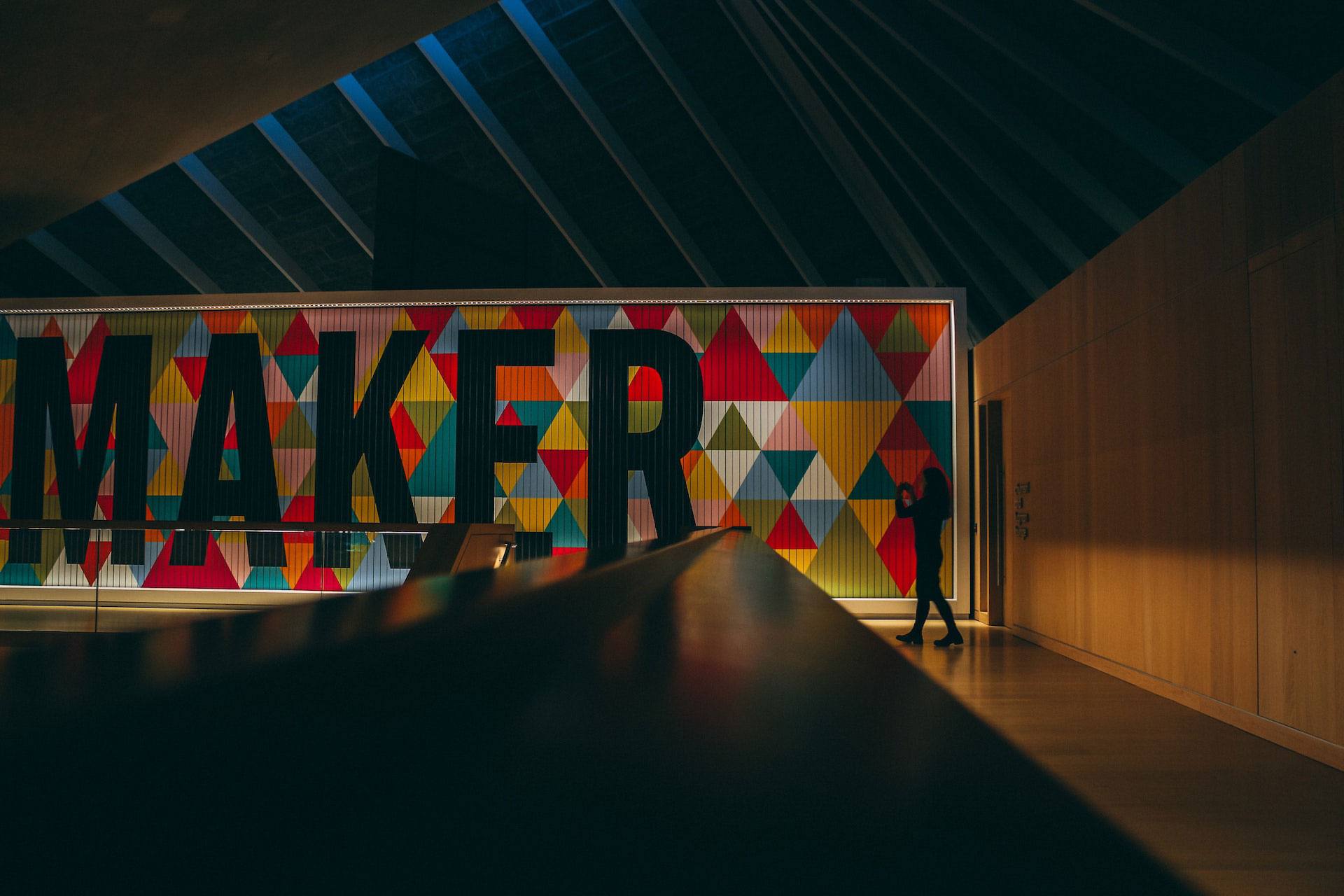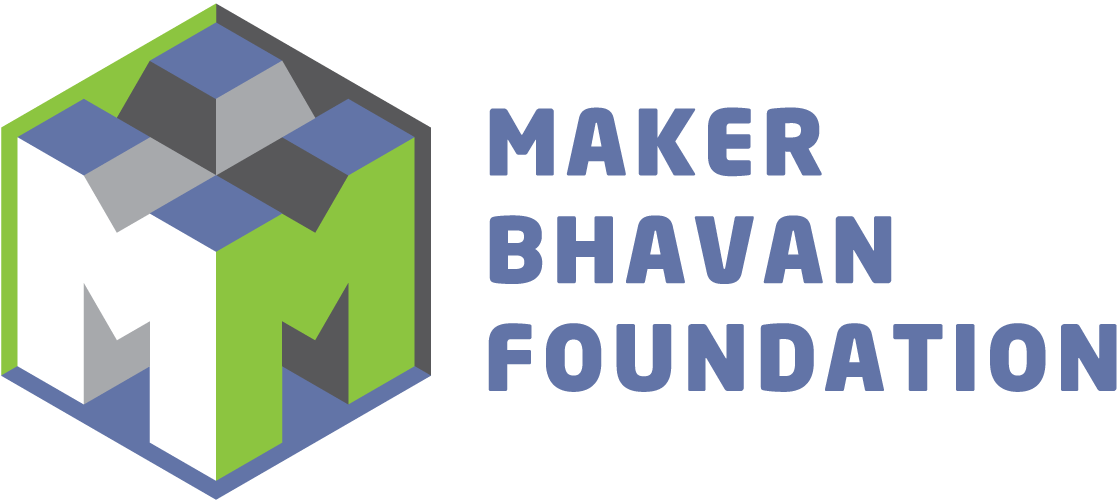Entrepreneurship is a crucial driver of India’s economic development in the 21st century. There are many kinds of entrepreneurs— necessity-driven and self-employed, creators of small and medium-sized enterprises based on established business models, and those who become founders of innovation-driven businesses (IDB). Recent research [Botelho 2021] provides evidence that it is IDBs that are at the heart of a country’s economic development.
Other forms of entrepreneurship provide jobs, leading to prosperity or financial security for individuals. Still, IDBs have the potential to create exponential growth in job opportunities while changing the habits and lives of an entire population.
Differences in terms such as creativity, invention and innovation are a source of confusion. They tend to dominate discussions among management gurus and corporate consultants who design growth strategies.

Photo by David Barajas, via Unsplash
I define ‘creativity’ as creating something new and imaginary into reality, ‘invention’ as the creation of a new idea or concept, and ‘innovation’ as turning new ideas or concepts into commercial success or widespread adoption. More critical than discussing definitions is the examination of certain myths surrounding these concepts. For example, the belief that some people are born creative: some just are, some never will be. Research has shown that everybody can be an inventor. Inventing something new is a skill that can be learned, just like everyone can learn to drive a car. Like learning to drive, inventing takes a lot of conscious effort and expert coaching until ultimately, it becomes a habit. And this is a lifelong habit that one can develop at any age.
At Maker Bhavan Foundation, we have supported several programs to encourage students to develop an inventive attitude. Just like our other programs, these programs use a learn-by-doing teaching method instead of the classroom method. One such program is the Invention Factory, a 7-week summer workshop which ran at IIT Gandhinagar for 2 years before COVID hit us. This year we added IIT Bombay as an additional location for this workshop. Students develop new patentable ideas, build prototypes and file provisional patents while faculty members coach and mentor them throughout the process.

Technovation Sandbox builds on the 7-week summer workshop. This program focuses on getting students to develop a new idea (patentable or not), turn that into a prototype and deploy it in a campus nearby.
Technovation Sandbox teaches students how to identify problems that need new solutions and enables them with the experience of going from a prototype to a deployable solution.
The Vishwakarma Prize is a theme-based competition to encourage and reward student innovators. Water and Sanitation was chosen as the theme for its inaugural edition.
We are not done with tinkering just yet. Our programs and competitions benefit students who have already shown an interest in learning the process of innovation. These cannot be scaled up to include teaching innovation to all students. A course that uses problem-based learning methods to teach innovation would be, in our opinion, one way to scale up.
If you are aware of such courses being run around the world, we are interested in learning about them. In the years to come, we will work on creating similar courses and make them part of the core curriculum of engineering colleges.



We are trying with similar vision as MB for the last two years at NIT Warangal. I have sent an email to office@mb. Please revert. We would like to Discuss.
Prof Hari Kumar Voruganti